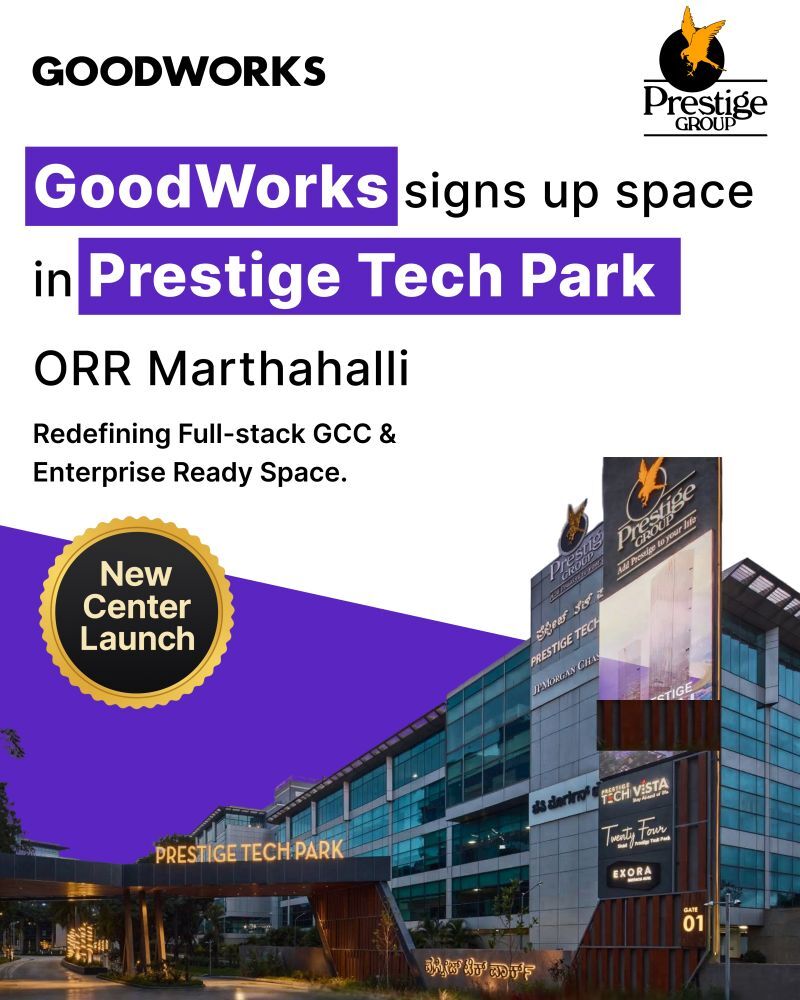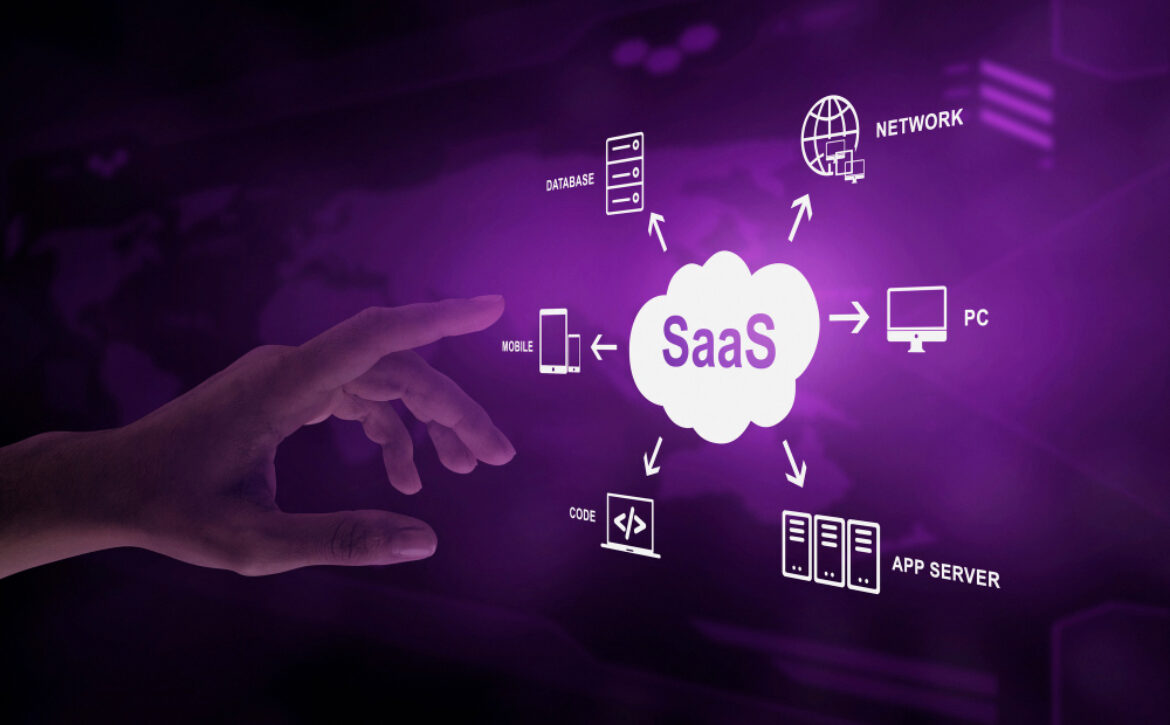New Prestige Tech Park Uptake: Boosting Demand for Top Tech Talent and Innovation Services
Introduction
Bengaluru’s rapidly evolving tech landscape is witnessing a significant transformation, with the Prestige Tech Park corridor emerging as a central hub for enterprise growth and digital innovation. As the uptake of office space in new Prestige Tech Park buildings accelerates, it has become evident that there is a parallel rise in the demand for cutting-edge technology services and highly skilled tech professionals.
This trend is particularly advantageous for technology service providers like GoodWorks Group , who offer a wide range of services tailored to meet the growing needs of enterprises across this thriving tech ecosystem. From AI and ML solutions to full-stack development, GoodWorkLabs is strategically positioned to support businesses leveraging the expansion of Prestige Tech Park.
Why Prestige Tech Park Is the New Magnet for Tech Enterprises
Located strategically along the Outer Ring Road, Prestige Tech Park offers state-of-the-art infrastructure, superior connectivity, and proximity to a vast talent pool. These advantages have attracted multinational companies, startups, and IT service firms, all looking to scale their operations in Bengaluru.
The new Prestige Tech Park uptake signals more than just real estate growth. It reflects a shift in how businesses are prioritizing agility, innovation, and rapid digital transformation. The increased presence of tech companies in this area also highlights the growing reliance on third-party service providers to meet surging project demands.
The Demand Surge: Tech Talent and Innovation Services
With a growing number of enterprises moving into Prestige Tech Park, the demand for specialized tech skills is on the rise. Companies are seeking:
- Experienced software developers and architects
- AI and ML specialists
- UI/UX designers
- Cloud engineers and DevOps professionals
- QA engineers and test automation experts
This is where GoodWorkLabs excels providing access to top-tier tech talent and end-to-end software solutions that empower businesses to accelerate development, reduce time-to-market, and maintain high-quality standards.
GoodWorkLabs Services: Enabling Enterprise-Scale Innovation
GoodWorkLabs offers a diverse suite of services that cater to the evolving demands of companies in and around Prestige Tech Park:
- Custom Software Development
GoodWorkLabs builds scalable and robust web and mobile applications that solve real business problems. Their agile development approach ensures faster delivery and continuous innovation. - AI & ML Solutions
As one of the leading AI ML companies in Bangalore, GoodWorkLabs develops intelligent systems for automation, predictive analytics, and personalized customer experiences. - Mobile App Development (iOS & Android)
From native to cross-platform development, their team crafts high-performance mobile apps tailored to business needs. - UI/UX Design Services
Their award-winning design team creates intuitive and engaging user experiences that drive adoption and engagement. - DevOps & Cloud Services
With deep expertise in cloud-native architectures and continuous integration/delivery pipelines, GoodWorkLabs ensures efficient deployment and infrastructure scalability. - Staff Augmentation Services
GoodWorkLabs offers flexible team augmentation services, allowing businesses to scale quickly with pre-vetted, highly-skilled professionals across domains
Aligning with the Prestige Tech Park Opportunity
For companies setting up or scaling operations in Prestige Tech Park, the ability to quickly access high-quality technology services is essential. Partnering with GoodWorkLabs offers numerous advantages:
- Speed and Agility: Agile teams deliver faster and adapt to evolving project needs.
- Top Tech Talent: Access to some of the best engineers and designers in the industry.
- Innovation-Driven Approach: Deep expertise in AI, ML, and modern tech stacks.
- Flexible Engagement Models: Project-based, retainer, or dedicated team models.
- Trusted by Global Brands: Proven track record with Fortune 500 clients and top startups.
The Rise of AI & ML Companies in Bangalore And GoodWorkLabs’ Role
As one of the prominent AI ML companies in Bangalore, GoodWorkLabs plays a pivotal role in helping businesses leverage artificial intelligence and machine learning. Their solutions span across:
- Predictive modeling
- Natural Language Processing (NLP)
- Computer vision
- AI-powered automation
- Real-time analytics platforms
With the increasing AI adoption in industries like retail, healthcare, fintech, and logistics, companies in Prestige Tech Park are turning to specialists like GoodWorkLabs to embed intelligence into their products and services.
Conclusion: The Right Partner for a High-Growth Ecosystem
The new Prestige Tech Park uptake is more than a commercial trend it’s a signal that Bengaluru continues to lead as a technology innovation hub. Companies moving into this region need more than just office space they need the right tech partner to build, scale, and innovate effectively.
GoodWorkLabs, with its comprehensive suite of services, agile methodologies, and strong talent pool, stands as the ideal partner for this high-growth ecosystem.
Let’s discuss how GoodWorkLabs can help you build your next innovative product or scale your development team quickly.














